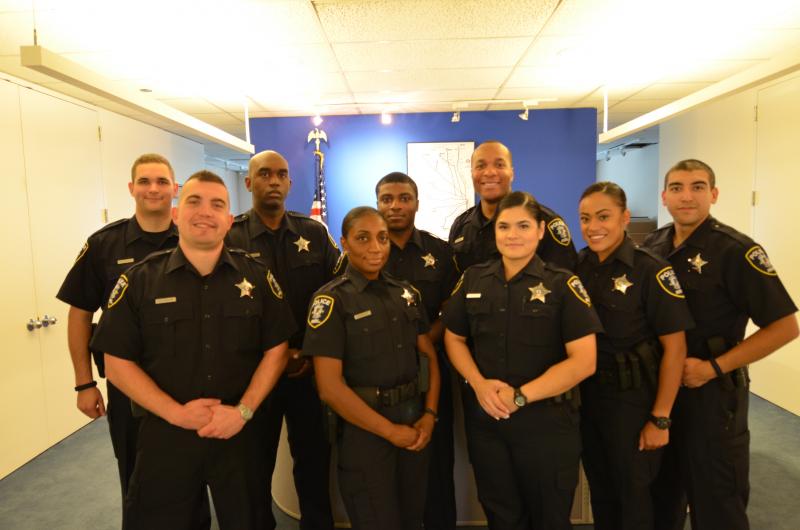“The primary mission of the Metra Police Department shall be to safeguard the lives of Metra commuters, its employees and those who use the Metra rail system.”
That simple sentence, which begins the Metra Police Department’s new mission statement, represents a significant transformation within the 115-person department, which is made up of fully sworn police officers, just like any municipal police department. For the first time ever, the department has a clearly defined mission – and it has been making numerous changes and adopting a variety of reforms in the furtherance of that mission. As a result, it has become a much more professionally run, modern, efficient and effective police force.
Metra’s efforts to reform and modernize the department began in October 2012, when it hired a consultant to perform an assessment of the department’s operations and capabilities and provide assistance in adopting best practices in railroad public safety. The report two years later contained a laundry list of recommendations, and Metra hired Joseph Perez as its new chief to lead their adoption.
Perez came to Metra as a decorated 28-year veteran of the Illinois State Police Department. He had most recently served as the commander of the State Police Region 1, where he oversaw complex law enforcement activities and nearly 800 sworn officers and civilians in Cook, DuPage, Kane, Lake, McHenry and DeKalb counties.
Guided by his police experience and the consultant report, Perez hit the ground running. He brought in police veterans from outside Metra and promoted some from within to create a command team with wide and diverse experience. He updated the police policies and procedures manual, and made an electronic version that can be accessed by officers anywhere.
Perez improved the department’s responsiveness and reduced overtime by 33 percent by reorganizing patrols by area instead of by rail line and assigning manpower based on shift activity. The new south region headquarters was moved to a stand-alone facility, a rehabbed 102-year-old building in Blue Island named after Thomas Cook, a Metra officer who died in the line of duty.
He instituted regular training on criminal and traffic law, accident reconstruction, firearms and even a 12-week field training program on all things Metra, including its train operations, procedures, geography and customer service. Metra also bought an interactive simulator – almost like a giant video game – to conduct scenario-based training on use of force, de-escalation and other decision-making areas.
Perez and his team also created a full-time detective division (including internal investigations) and a new police squad whose primary duty is to patrol trains. The squad has ridden more than 7,000 trains this year already, twice as many as the year before.
“Our train riding unit is seeing less and less bad behavior on trains, less and less bad behavior on platforms, because of the visibility provided by that unit, and also our focus on passenger safety,” Perez said.
Officers now wear new uniforms and drive new police cars with a different paint scheme that reflects a reformed force. They have been equipped with Tasers (which have reduced injuries to police and arrestees) and next year will be fitted with body cameras.
They were issued laptops for field reporting and are using new software to write police reports – all in an effort to adopt the best police practices in the country. Even the Metra police patch was redesigned: it now has six stars to represent the six counties Metra serves.

These Metra Police recruits started in October.
Metra instituted an open, fair and transparent police recruitment, testing and interview process that was used for the first time to hire 23 new officers. Recruits are sent to the State Police Academy in Springfield. The process resulted in a group of new hires who come from diverse backgrounds and better match Metra’s customer base.
This year Metra entered into two agreements with Cook County that will allow the department to put more officers in the field and operate more effectively and efficiently. In the first agreement, Cook County agreed to adjudicate tickets issued by Metra Police.
In the second, the Cook County Sheriff agreed to provide 24-hour dispatching service to Metra for 911 calls, which put trained telephone communicators on the other end of the line and allowed nine police officers to return to police duties in the field.
The department has also been trying to foster even better relationships with all the municipal departments in the six-county area. Their help is essential since they can often respond more quickly if there is a need for police on a train.
“We’ve made significant, impressive progress in the last two years,” said Metra Executive Director/CEO Don Orseno. “We’re confident that the improvements we’ve made have left our Police Department much better prepared and equipped for the challenges of modern-day policing.”